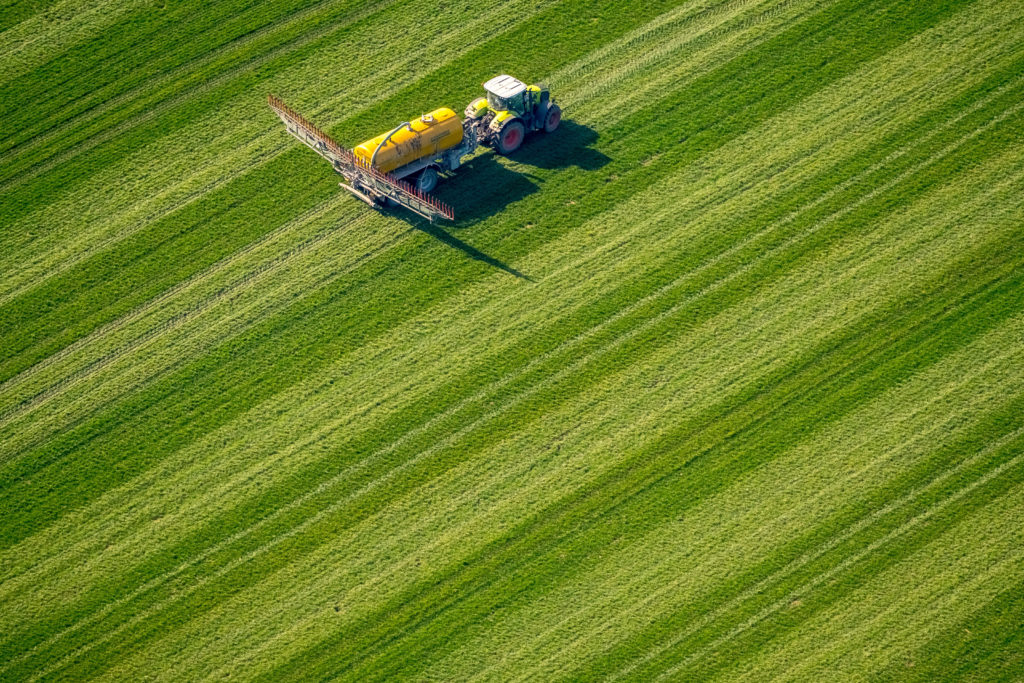By Xiu Ying, Contributing Reporter
RIO DE JANEIRO, BRAZIL – On Tuesday, May 21st, Brazil’s Ministry of Agriculture formally registered another 31 pesticides. So far this year, 169 products have been authorized.

The number of pesticides approved in Brazil has been growing significantly in the last three years, a factor that concerns environmentalists and health professionals. In 2015, there were 139; in 2018, the total was 450.
Pesticides are registered by the Ministry of Agriculture (MAPA), which checks their efficiency in combating pests and diseases in the field.
However, registration is only granted when the product is additionally authorized by the National Health Surveillance Agency (Anvisa), which assesses health risks, and by the Brazilian Institute of the Environment (Ibama), which examines environmental hazards.
Products may not be released for use without the endorsement of the three governmental bodies.
According to the Ministry of Agriculture, increased registration speed is due to efficiency gains made possible by “measures to reduce bureaucracy” implemented by the three entities in recent years, in particular by Anvisa.
The agency confirms efforts to reduce the backlog of products under review.
The group of 169 products is not uniform. They range from a new active ingredient (technical product) and its “copies” when patents expire (equivalent technical product), to the compound that reaches the farmer (formulated product) and the “generic” version of this compound (equivalent formulated product).
No new active ingredient was approved in 2019. The last technical product registered was sulfoxaflor, at the end of last year – products formulated from this substance have not been released and, therefore, have not yet reached the market.
The number of authorized pesticides has now reached 197–including 28 products registered last year but formalized in January–after all the actions published by the Ministry of Agriculture in 2019.

